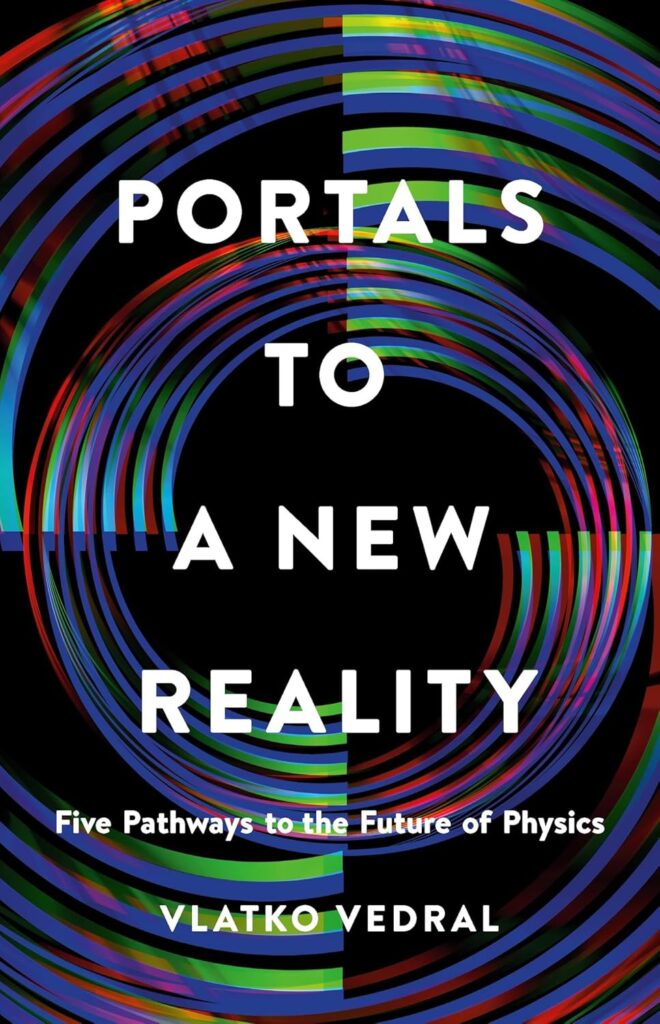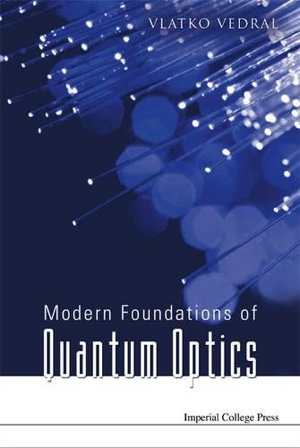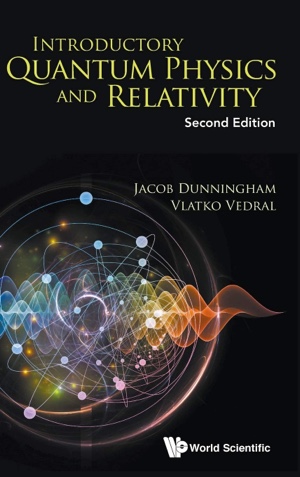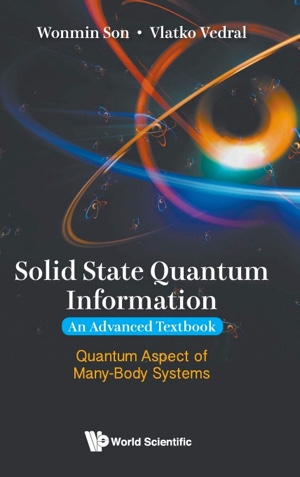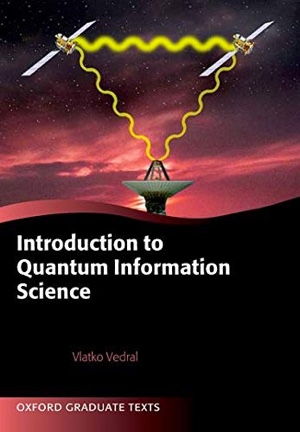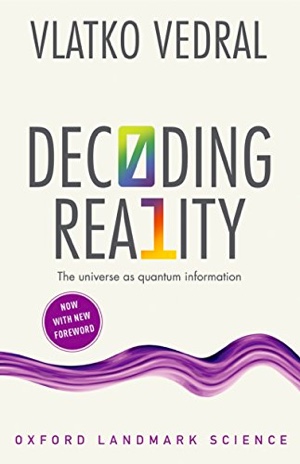What quantum physics tells us about reality
ORIGINALLY PUBLISHED IN THE FINANCIAL TIMES
(SUBSCRIPTION REQUIRED)

© Andy Carter
The new Nobel laureates proved Einstein was not always right
By Anjana Ahuja
The four-page paper was so famous it became known by the initials of its authors. The EPR paradox, published by Albert Einstein, Boris Podolsky and Nathan Rosen in 1935, argued that quantum physics clashed with reality and was therefore nonsensical or incomplete.
The paper set in train, over many decades, a series of arguments and experiments that culminated in the 2022 Nobel Prize for Physics. It was awarded last week to a trio of experimenters who, against Einstein’s instincts, affirmed the bizarre implications of quantum mechanics, the laws that describe the subatomic world. While the work of laureates Alain Aspect, John Clauser and Anton Zeilinger is rightly celebrated for helping to lay the ground for quantum computing and cryptography, their insights also prompt philosophical musing on the peculiar nature of the universe. “What [this Nobel Prize] shows is that any serious philosopher who wants to talk about the nature of reality had better pay close attention to quantum physics,” says Vlatko Vedral, a professor of quantum information science at Oxford university.
CONTINUE READING AT THE FINANCIAL TIMES
Sign up to my substack
BOOKS
ASK ME ANYTHING!
If you'd like to ask me a question or discuss my research then please get in touch.
